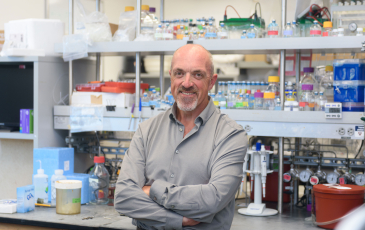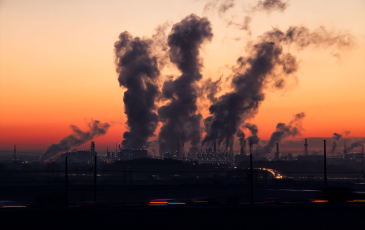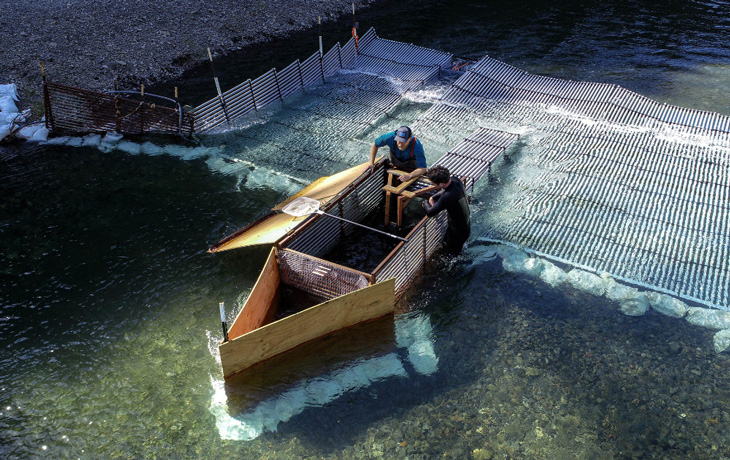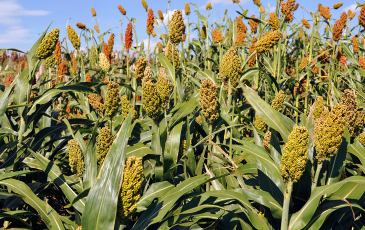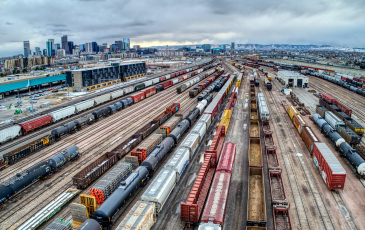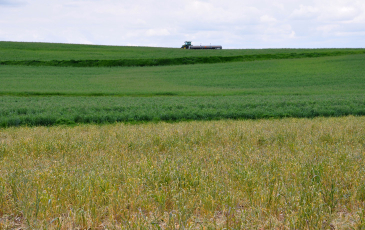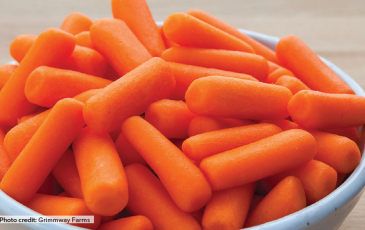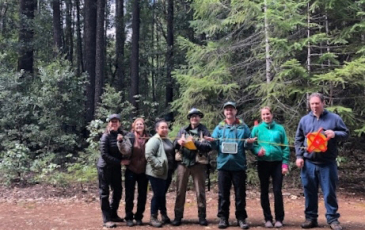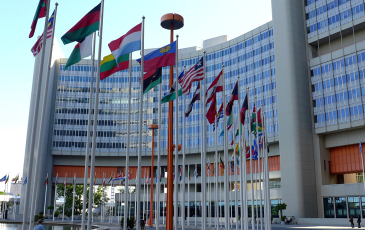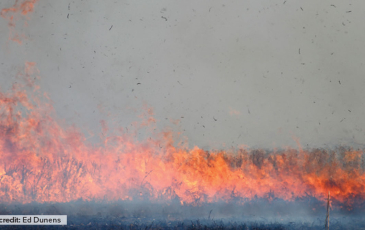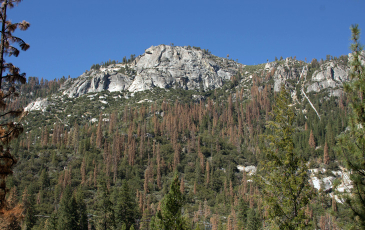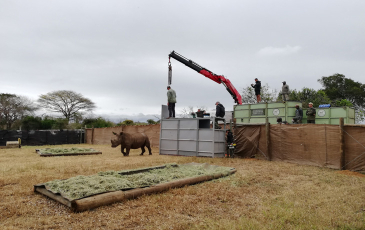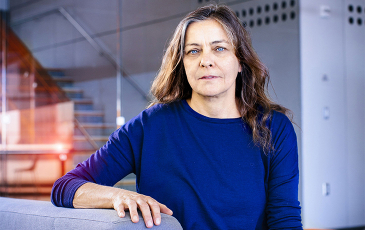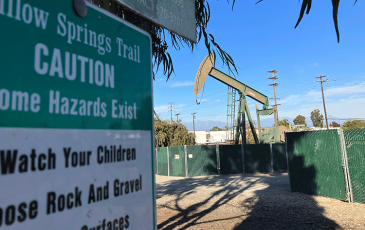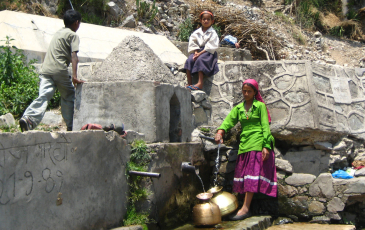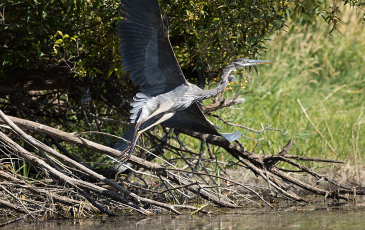Coates, a professor in PMB and director of the Energy and Biosciences Institute, spoke to the American Society for Microbiology about his research in applied and environmental microbiology.
Racial gap in air quality may persist under Biden program, study finds
Omitting racial demographics from a new evaluative tool may hamper the Biden administration's efforts to address environmental inequalities.
Managing the Eel River’s pikeminnow problem
A new project overseen by research scientist Gabe Rossi and postdoctoral researcher Phil Georgakakos could contribute to salmonid recovery in northern California.
Why Climate Scientists Are Sweet on Sorghum
Plant and Microbial Biology professor of Cooperative Extension Peggy Lemaux explains why sorghum, a heat-loving cereal grain, may play a key role in carbon removal efforts.
Using trains to deliver emergency backup power
New research led by ERG PhD student Jill Moraski found that the U.S. rail network could provide a cost-effective way to dispatch grid-scale batteries in energy emergencies.
The Dual Benefit of Cover Cropping: Soil Carbon and Increased Crop Yields
New research from the Berkeley Agroecology Lab shows that, on average, cover cropping leads to climate benefits without sacrificing farm-level productivity.
Thinking in Terms of Supply Chains
An article co-authored by Professor David Zilberman shows that increasing investment in agricultural research and developing credit lines to implement agricultural innovation can increase the social benefit of the agri-food system.
Indigenous science key to adapting to climate change
UC Berkeley and the Karuk Tribe use Indigenous and western science to cultivate resilient food systems under changing climate conditions.
Breaking down climate policy’s political barriers
A review of climate policy scholarship found that politics should not be seen only as a constraint but also be recognized as a target of intervention to advance environmental solutions.
Residents’ water security concerns could spur climate adaptations
In a survey of California households led by assistant professor of Cooperative Extension Kristin Dobbin, 85% of respondents reported that they were concerned about long-term reliability of their water supply.
Depression risk increased during the COVID-19 pandemic, study finds
Women, young adults, and low-income workers experienced the largest increase in depression risk between 2019 and 2021.
Assessing the San Joaquin Valley Agricultural Burning Ban
Agricultural and Resource Economics PhD Candidate Joel Ferguson's research analyzes potential air quality improvement as a result of the ban.
Western forests are struggling to keep up with climate change
New UC Berkeley analysis suggests that trees preferring cooler climates are dying, and the new trees replacing them are not better suited to a warming climate.
Improving wildlife restoration outcomes through community engagement
A first-of-its-kind study by UC Berkeley researchers found that wildlife restoration efforts are more likely to succeed if conservationists partner with local communities.
Soda sales dropped after Oakland imposed a tax on sugary drinks
A UC-led study found that sales dropped 27% after the city began taxing sugar-sweetened beverages in 2017, making residents healthier in the process.
Jill Banfield to co-lead new initiative focused on sustainability and health
The Audacious Project awarded $70 million to the Innovative Genomics Institute's efforts to reduce greenhouse gas emissions and treat incurable diseases.
Student Spotlight: Tanmayi Patharkar
Last summer, the third-year microbial biology major documented the first instance of an Aegean wall lizard preying on a venomous centipede.
Black, Latinx Californians face highest exposure to oil and gas wells
Postdoctoral researcher David González and professor Rachel Morello-Frosch are co-authors of a study assessing exposure to new, active, retired, and plugged wells in the state.
Advocating for women on World Water Day
New commentary co-authored by ERG professor Isha Ray highlights the importance of improving access and addressing gender inequities in global water delivery systems.
Berkeley researchers present plan for freshwater conservation
As the 30x30 conservation initiative gains momentum around the world, Rausser College researchers call for a focus on rivers, lakes, and wetlands.


